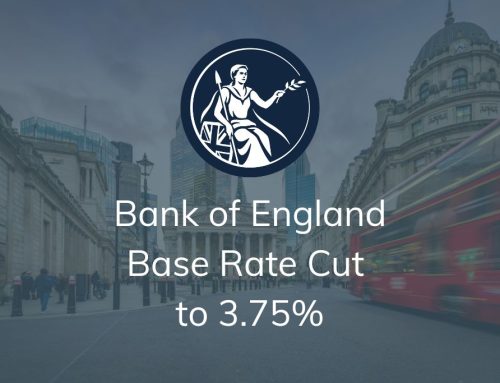Blog Post written by Cleerly Mortgages
For many contractors, the dream of homeownership can seem like a complicated journey. You might have heard that traditional lenders don’t understand your unique financial situation, from retained profits to project-based work. But with the right preparation and the help of a specialist, you can navigate the process with confidence and turn ‘hard’ into ‘home’.
Being “mortgage ready” as a contractor is about more than just saving a deposit. It’s about presenting your financial story in the best possible light and being prepared for the questions lenders will ask. Here’s a breakdown of the essential steps.
1. Tidy Up Your Finances
This is the foundational step for any mortgage application, but it’s especially important for contractors. Lenders will scrutinise your bank statements to understand your spending habits and financial stability.
- Review your bank statements: Look for any red flags, such as gambling transactions or large, unexplained withdrawals. Lenders want to see sensible spending habits.
- Reduce your debt: Pay down credit card balances and personal loans where possible. The less debt you have, the more you can potentially borrow.
- Build a strong credit history: Regularly check your credit score and address any errors on your report. A strong credit history shows lenders you are a responsible borrower.
2. Organise Your Paperwork
Lenders require specific documentation to prove your income and stability. Having these documents ready and organised will streamline your application process and demonstrate your preparedness.
- Limited Company Contractors: Be prepared to provide two or three years of fully audited company accounts, even though some lenders may be flexible with this. You’ll also need your salary and dividend history. A specialist broker, like Cleerly, knows how to work with lenders who consider retained profits and the gross contract rate, which can significantly increase your borrowing potential.
- Umbrella Company Contractors: While you get paid via PAYE, some lenders may still view you as a higher risk due to the temporary nature of your contracts. Have your contract history readily available, showing the continuous nature of your work, even if the underlying assignments change. A specialist broker can work with lenders who focus on your gross contract value rather than just your net income after deductions.
- CIS Workers: Lenders often struggle to assess income from CIS payments, which can lead to lower borrowing offers. Be ready to present a clear picture of your income, as a specialist broker can work with lenders who are prepared to look at your gross CIS payments.
In all cases, a specialist mortgage broker knows how to present this information to lenders in the most favourable light.
3. Demonstrate a Consistent Work History
Lenders want to see consistency and stability in your work. While traditional employment history is straightforward, contractors can demonstrate this by having a strong contract history.
- Show continuous employment: Lenders may view short gaps between contracts as a risk. Having a history of consistent work, even if it’s with different clients, is crucial.
- Future contracts: If you have an upcoming contract in place, it can be helpful to share this with your lender to demonstrate future earnings.
4. Engage a Specialist Broker
This is perhaps the most important step for a contractor. Traditional high street banks often rely on rigid, one-size-fits-all criteria that don’t account for the unique nature of contractor finances. A specialist mortgage broker, like Cleerly, is invaluable because they:
- Understand your income: They know how to present your full financial picture to lenders, including salary, dividends, and retained profits for limited company directors. They also understand how to use your gross contract value for umbrella company contractors and CIS workers.
- Access niche lenders: They have relationships with specialist banks and building societies that have bespoke underwriting criteria for contractors. These are lenders you might not find on the high street.
- Present your case effectively: They know exactly what information lenders need and how to articulate your income stability, even with varying contracts or income streams.
- Save you time and frustration: They keep abreast of changing lending criteria, matching you with a lender whose policies align with your unique circumstances.
The process of getting a mortgage as a contractor doesn’t have to be a battle. By getting your finances in order, preparing your documentation, and partnering with a specialist who understands your world, you can navigate the path to homeownership with confidence.



















